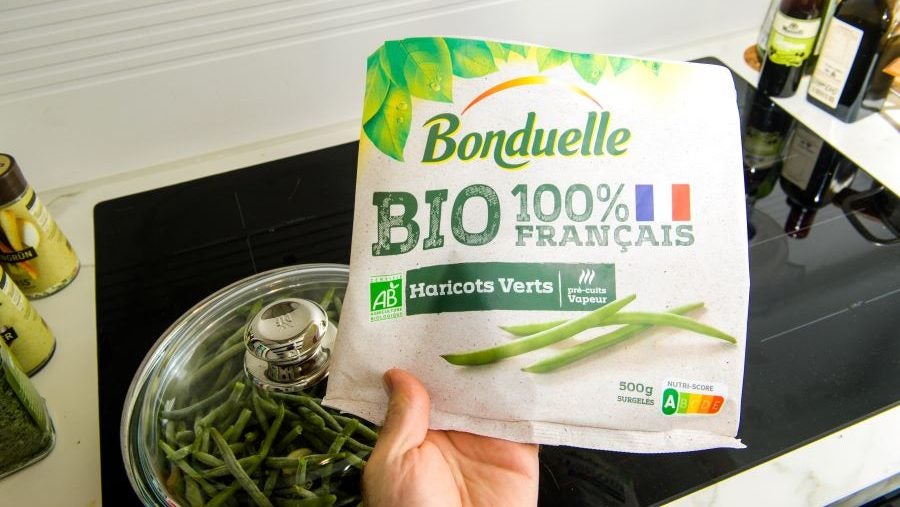
Bonduelle and Unilever are among companies operating in France facing fines for allegedly colluding to hide the continued use of bisphenol A (BPA) in packaging, the French investigative news agency L’informé suggests.
Findings from L’informé indicate France’s official competition watchdog, L’Autorité de la Concurrence, intends to fine the companies accused a sum of €20m ($21.8m).

Discover B2B Marketing That Performs
Combine business intelligence and editorial excellence to reach engaged professionals across 36 leading media platforms.
When asked by Just Food, the anti-trust body declined to confirm the figures but said a decision on the investigation was due to published “in the next few days”.
In 2021, L’Autorité de la Concurrence said it would look into claims 14 “professional organisations” and 101 companies had “agreed not to communicate on the presence or on the composition of certain materials in contact with food, to the detriment of consumers”.
It refused to reveal the identities of the companies and professional associations involved at the time.
Bonduelle however, acknowledged it was one of the accused groups in its annual report for 2022-2023. Commenting on having received the “notification of grievance”, it added that it had since “presented its observations within the time limit set” but had not yet received feedback on its comments.

US Tariffs are shifting - will you react or anticipate?
Don’t let policy changes catch you off guard. Stay proactive with real-time data and expert analysis.
By GlobalDataL’informé’s latest report suggests Unilever might also be one of the accused food groups.
The news agency also listed the French National Association of Food Industries (ANIA) as a potential offender.
Just Food has contacted both Unilever and Bonduelle for comment.
In 2021, Nestlé confirmed that some of its subsidiaries in France had received a statement of objections, relating to “communication on the removal of BPA from metal packaging in France.” At the time the company said the competition watchdog’s complaints suggested its subsidiaries in France played “a minor role”, and that it planned to “vigorously contest” the allegations.
The use of BPA in all manufacturing all food packaging, containers and utensils has been illegal in France since 2015.
In the EU, the substance can still be used in materials that come into contact with food. However, last year an initiative was proposed by the European Commission to ban the use of BPA in “food contact materials” such as “plastic and coated packaging”.
The decision came after the European Food and Safety Authority (EFSA) published a report that considerably reduced the recommended tolerable daily intake of four micrograms per kilogram of body weight to 0.2 nanograms per kilogram of body weight per day.
The bloc has banned BPA from being used in infant-feeding bottles since 2011 and in plastic bottles and food packaging for babies and children under the age of three since September 2018.
A report released in September 2023 by the European Environment Agency (EEA) revealed BPA was “well above acceptable health levels”. Following an EU human biomonitoring research project, the group said it discovered between 71% and 100% of participants across 11 EU countries were likely to be exposed to unhealthy amounts of the chemical.
At the time, the EU industry body FoodDrinkEurope said food and drink producers would “fully comply with any new regulations” but asked that measures “be fair, realistic, proportionate and based on the full body of evidence.”
The spokesperson added: “We do not want to see any over-regulation that could lead to unnecessary waste of packaging or food.”





